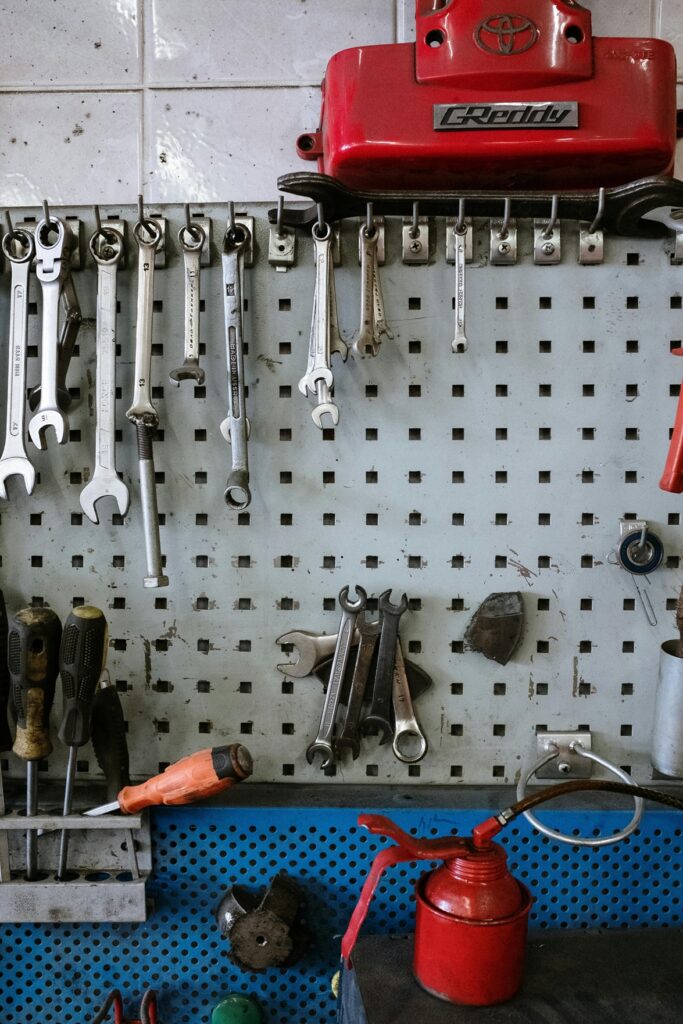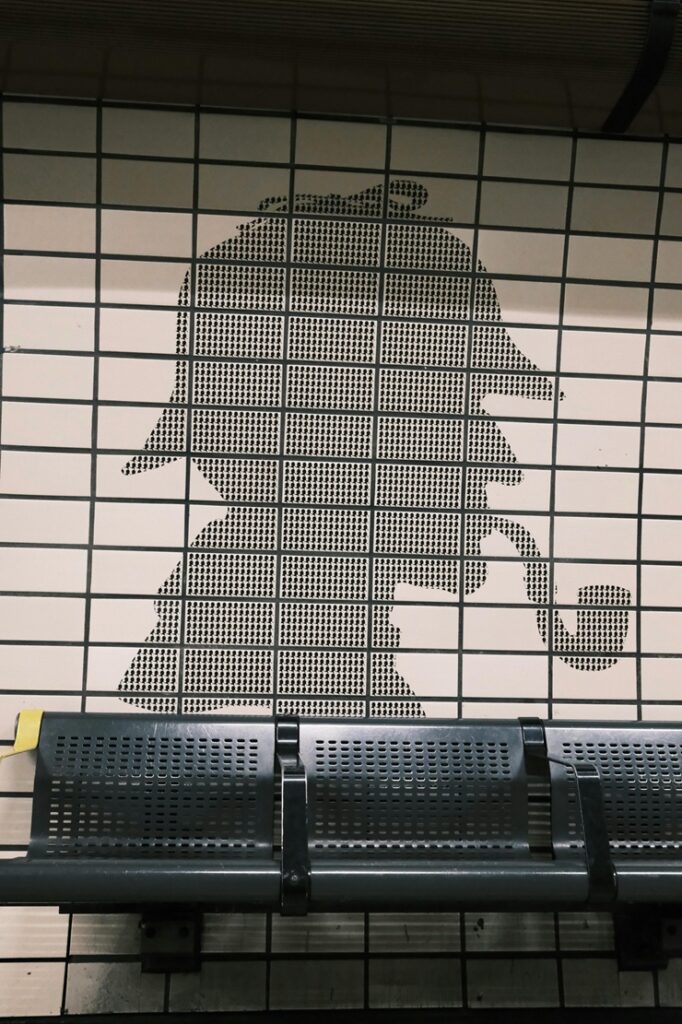When you were a child and would go on a field trip with your school, you would pack a bookbag with food for lunch, water, snacks, a book or toys. When you go on vacation you would pack a suitcase full of all the things you need for a trip: shirt, pants, underwear, shoes, lotion, toothpaste, toothbrush, and such, you too need a toolkit when you know you are walking into difficult situations.
Because to not pack the bookbag for the child you or suitcase for the adult you would result in a pretty miserable experiences you would end up be the starving kid at lunch eyeballing the food of other kids or not brushing your teeth for days, yuck!
Similarly, when we know that we are going to head into a difficult situation or perhaps we are already in one – to not have a toolkit that helps you handle the challenging situations means you have less probability of getting through and then less chance of you getting to your goals whether it is professional or personal.

I am not saying that having a toolkit is the silver bullet or the holy grail, but not having a toolkit greatly reduces the possibilities of you:
Getting to your goal
Being less stressed and more centered in difficult situations
Liking yourself as you are mired in challenging times
We all dislike conflict and tension but to totally ignore the elephant in the room means that that the elephant will continue to grow until it starts to rampage. So I encourage you to start thinking:
What kind of tools do I need in my toolkit to help me get through this in one piece?
What I value or care deeply about?
How do I treat myself well and the other person well in this tough situation?

There is no one right answer because we are all different and unique beings with our own lived experiences, preferences, blind spots, triggers, strengths, and skills. To build a toolkit, one needs to experiment – put that Sherlock Holmes detective hat or the scientist lab coat and try different things that work for you. It takes care and practice to find what truly works for you. Somethings may work well in certain situation and less so in other situations.
Part of it is also building trust in ourselves – that this toolkit enable me to be stay curious and trying different tools even when the situation is tough. If all we have is a hammer then everything is a nail and we pretty soon start pounding everything with the hammer even if the situation is fragile and can break easily. Perhaps the situation calls for a screwdriver or a saw instead and when we learn to use this tool skillfully but not perfectly, we now expand the possibilities for ourselves, the situation, and also the others person sitting across from us.
I want everyone to have possibilities that bring each person closer to their goals, to what they want, to what makes them feel alive and fulfilled. That is why having a toolkit for you to step more confidently and compassionately into difficult situations is so important.
Missed the start of this Befriending the Elephant in the Meeting Room articles series? No problem, start reading from the beginning here.
~~~~~~~~~~~~~~~~~~~~~~~~~~~~~~~~~~~~
Nancy Li helps leaders and teams create toolkits to get past difficult situations, increase collaboration, and get to their goals
[…] Learn more about putting all the principles in play here. […]